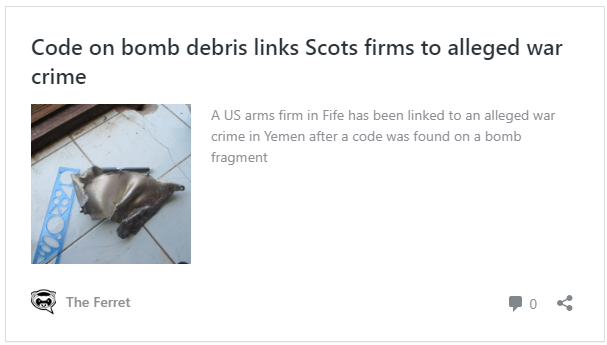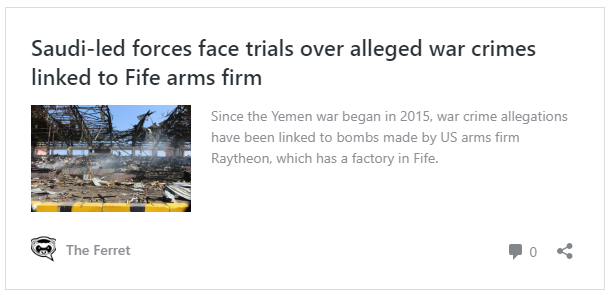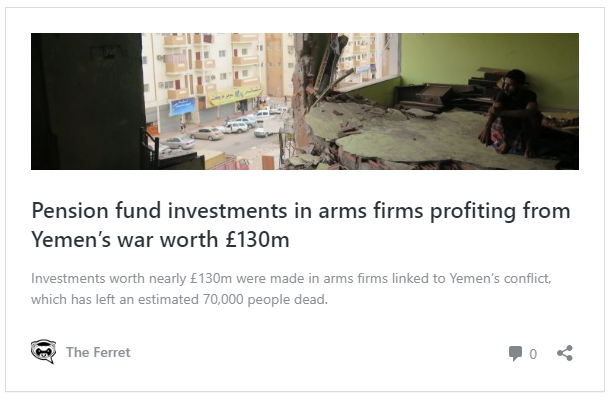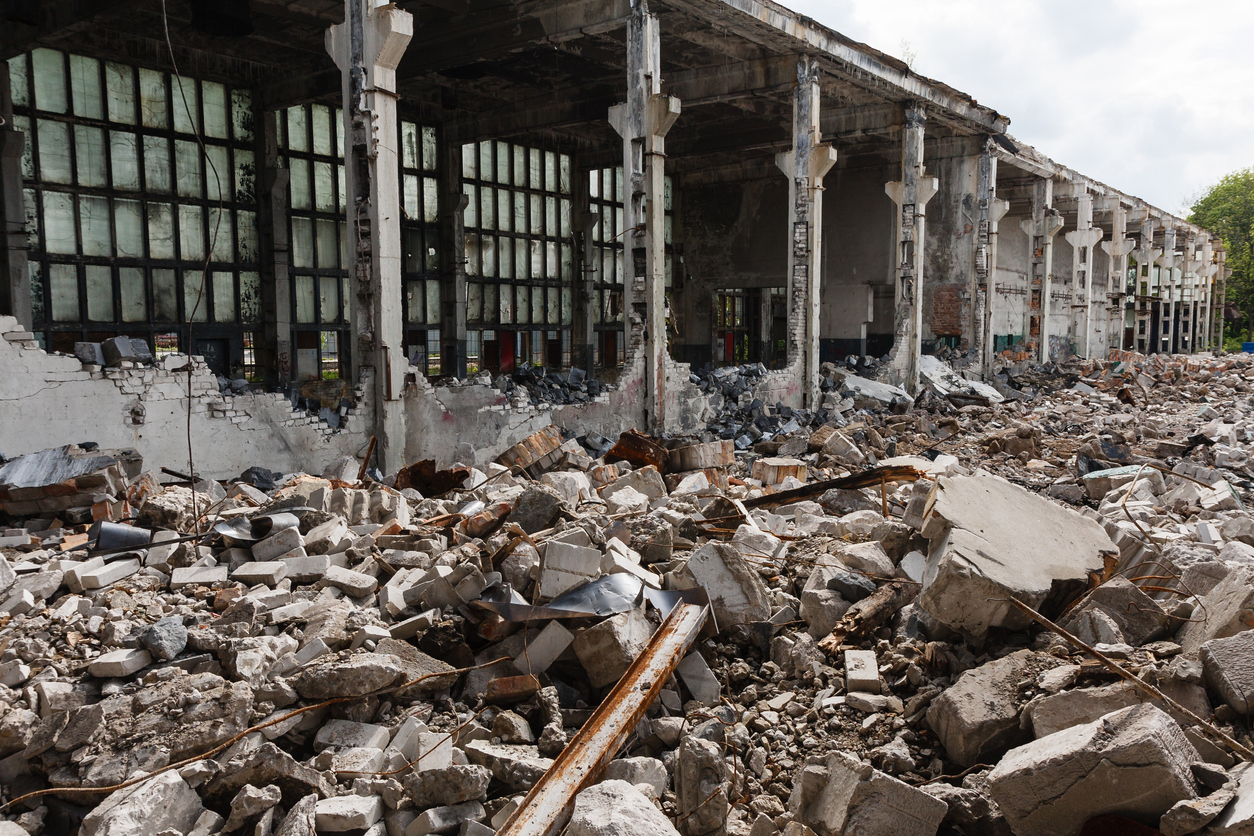In recent days, concerns have risen that the Israel-Gaza war is escalating into a wider, regional conflict involving numerous states and actors – including Britain.
Indeed, the UK is now directly involved militarily in the region, having bombed Houthi rebels in Yemen last week following attacks by the armed group against shipping in the Red Sea. It’s not the first time in recent years that UK bombs have hit Yemen though, but we’ll come to that shortly.
The Houthis have attacked cargo ships in the Red Sea since last November, in response to Israel’s military offensive in Gaza following Hamas’s terror attack on 7 October last year when 1200 people were murdered. More than 24,000 Palestinians in Gaza have since been killed.
Ships linked to Israel would be targeted, said the Houthis, who support the Palestinians.
The militia group controls western Yemen, including the strategically valuable Bab al-Mandeb Strait, which leads into the Red Sea and up to the Suez Canal. The Houthis initially said they were intercepting Israel-bound and Israeli-owned ships passing through Bab al-Mandeb to pressure Israel to ceasefire in Gaza, or at least allow sufficient humanitarian aid in.

In response to the increasing number of attacks, which has affected commercial shipping in a key international trade route, the UK took part in a joint operation in Yemen alongside the US last week. The airstrikes were the first to be launched against Houthi forces since they started targeting the Red Sea.
The UK bombs used against the Houthis last Thursday were likely made in Glenrothes by the US arms giant Raytheon which produces laser guidance systems for Paveway IV smart bombs. Raytheon’s site in Fife is its main UK facility for producing smart bombs.
Scottish-made smart bombs have been used in Yemen previously, as reported by The Ferret, in a prolonged and forgotten civil war that was largely ignored by most UK media.
Britain has backed the Saudi-led coalition in Yemen since 2015 by providing bombs and logistical support. Typhoon and Tornado aircraft, manufactured by BAE Systems, have been central to the attacks, which has led to allegations the UK has been complicit in alleged war crimes due to civilian targets such as schools and hospitals being bombed.

UK involvement in Yemen’s war
The Ferret’s reporting on the UK’s involvement in Yemen’s conflict dates back to our foundation in 2015, and since then we’ve published more than 50 reports.
These include articles revealing that smart bombs made in Scotland have been linked to alleged war crimes. We also reported that the Scottish Government has given millions of pounds of taxpayers’ money to arms firms profiting from the war, and that council pension funds in Scotland had investments worth nearly £130m in arms firms linked to the conflict.
To better understand the background to the UK’s role in Yemen in recent years, read our archive of articles.

Yemen’s civil war
In 2011, an uprising in Yemen forced its president, Ali Abdullah Saleh, to hand over power to his deputy, Abdrabbuh Mansour Hadi. But the new president struggled with Yemen’s economic and security problems and most of Yemen’s armed forces felt more loyalty to the ousted president.
In early 2014, the Houthis, a Shia Islamist political and military organisation officially known as Ansar Allah, seized control of Saada province, and captured the nation’s capital, Sanaa, forcing Hadi to flee abroad in March 2015.
Yemen’s neighbour Saudi Arabia was alarmed at developments, fearing the Houthis, who are close to its rival, Iran, would take control of Yemen. In March 2015, the Saudis and other Arab states began an air campaign aimed at restoring Hadi’s government.
Since then the coalition has received logistical and intelligence support from the US, UK and France.
The UN estimated that the war in Yemen had killed 377,000 people by the end of 2021, through direct and indirect causes. More than 11,000 children had been killed by December 2022, said Unicef.
There is currently a fragile truce in Yemen, brokered by the United Nations, but it does not represent comprehensive peace.
Main image: dzika_mrowka/iStock















Be interesting to find out who actually flew the Typhoon fighter bombers from Saudi airfields, or who crewed and officered the Saudi Navy ships “under” a Saudi “Captain”. Long been rumoured that “ex” RAF, RN and SAS/SBS “specialists” have been seconded to the Saudi government on huge bonuses and payments to Westminster, then returning to active UK service with promotion or a financially secure retirement. It would be a service to our loyal military personnel if these vile rumours could be laid to rest and buried. Oh, wait…